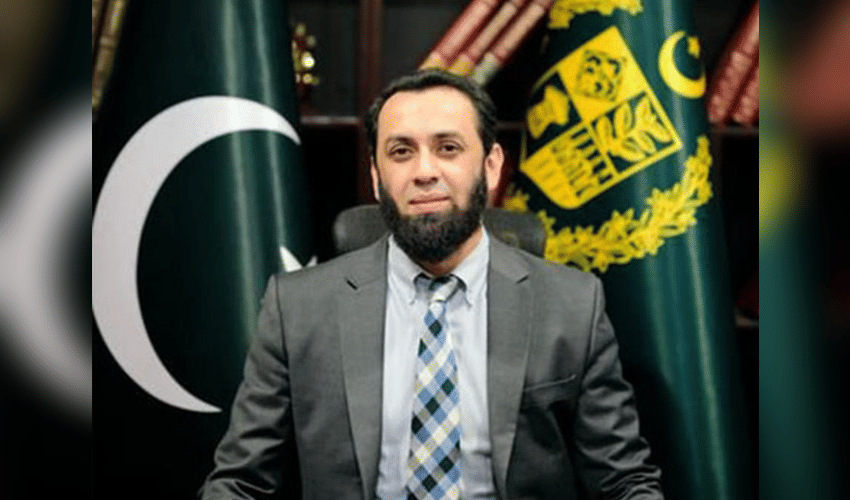Asia In News
Tarar confirms breakdown of Pakistan-Afghan Taliban discussions in Istanbul

The recent peace talks between Pakistan and Afghanistan held in Istanbul aimed at resolving escalating tensions and violent clashes along their shared border have unfortunately ended without any agreement. These four days of intense negotiations, facilitated by Turkey and Qatar, were intended to build on a ceasefire previously established in Doha on October 19, following deadly confrontations that claimed numerous lives on both sides.
Pakistan’s Information Minister Attaullah Tarar publicly confirmed the failure of the dialogue, accusing the Afghan Taliban delegation of repeatedly diverting from the core issues that prompted the talks. He stated that instead of taking responsibility, the Afghan side engaged in blame-shifting and evasive tactics, which ultimately led to a breakdown in the negotiations. Pakistan’s fundamental demand was clear: Kabul must take concrete action against the Pakistan-based militant group Tehrik-i-Taliban Pakistan (TTP), which Islamabad accuses of launching cross-border attacks from Afghan soil.
Conversely, the Afghan delegation blamed a lack of coherence and unity within the Pakistani team, saying they frequently did not present clear positions and sometimes left the negotiation table prematurely. The Afghan side also pointed to Pakistan's controversial cooperation with the United States on drone operations, which further complicated talks and provoked Afghan concerns about sovereignty and drone strikes allegedly violating Afghan airspace. They emphasized that the TTP members are Pakistani nationals and argued that Kabul does not have the authority to control these fighters directly.
The failure to reach a working agreement keeps the border region on edge and threatens to reignite hostilities. The two countries have experienced some of their worst violence since the Taliban’s takeover of Afghanistan in 2021, including deadly exchanges of fire that killed soldiers, militants, and civilians. Pakistan warns that it may take decisive measures to protect its people if militant activity continues unchecked.
This deadlock shines a spotlight on the deep mistrust and entrenched positions between Islamabad and Kabul, reflecting broader regional challenges. Despite international mediation efforts, political, military, and diplomatic complexities continue to obstruct progress toward peace. Both nations remain locked in a cycle of accusations, with little indication of immediate resolution. The Istanbul talks, while unsuccessful, represent part of an ongoing diplomatic effort to address a volatile and dangerous frontier. For the time being, the future of peace between Pakistan and Afghanistan remains uncertain, with the risk of further clashes looming if a breakthrough is not achieved soon.



